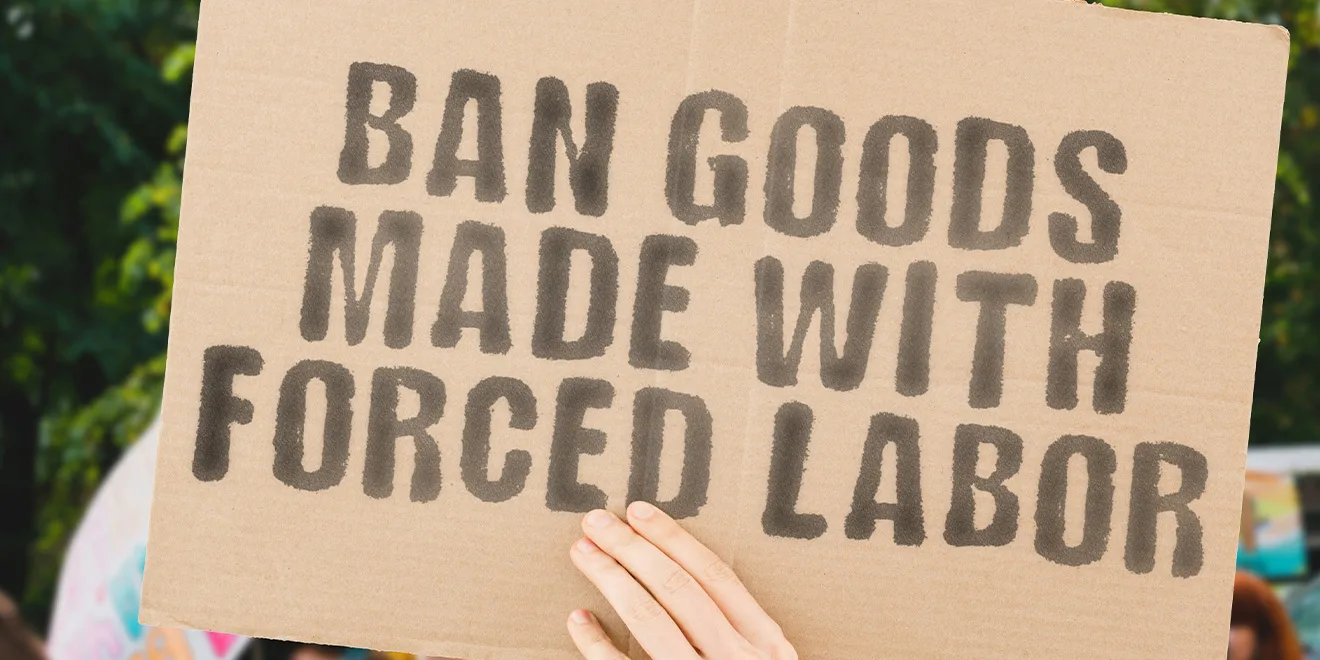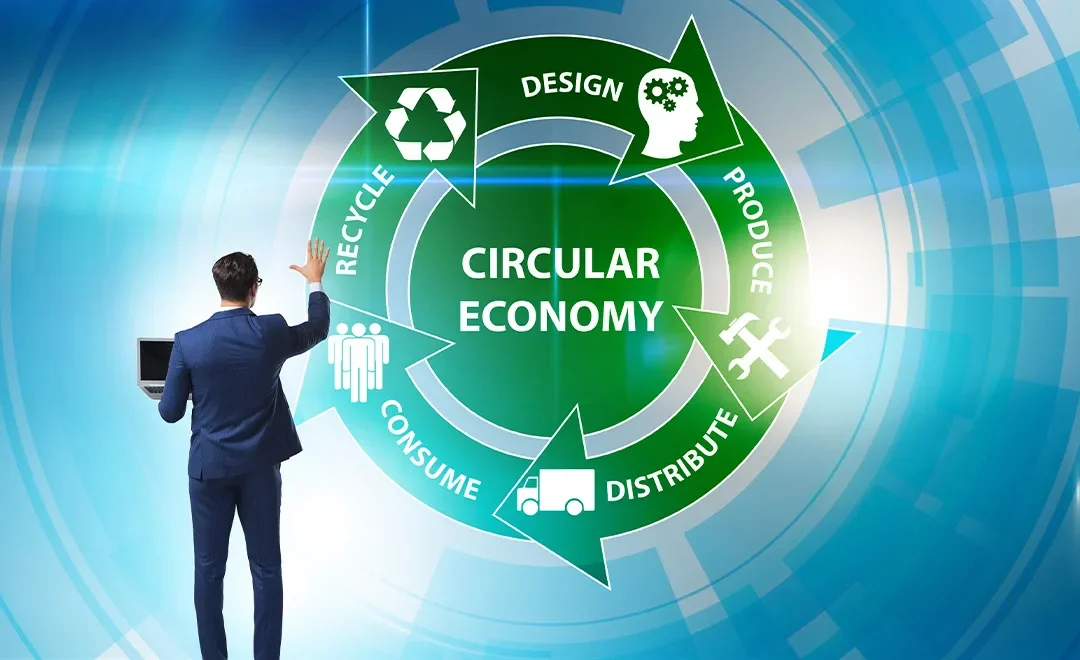Provisional EU agreement targets eradication of modern slavery in global supply chains.
In a landmark agreement dated 5 March 2024, the European Council and the European Parliament have provisionally agreed to ban the sale and export of products made with forced labour within the European Union (EU).
 This significant step forward in the fight against modern-day slavery aims to eradicate the presence of such products in the EU’s single market, regardless of their origin.
This significant step forward in the fight against modern-day slavery aims to eradicate the presence of such products in the EU’s single market, regardless of their origin.
Belgian Deputy Prime Minister and Minister for the Economy and Employment, Pierre-Yves Dermagne, expressed his disgust at the persistence of forced labour in the 21st century, emphasising the importance of dismantling the business models of companies that exploit workers. The agreement mandates the creation of a database by the European Commission to monitor forced labour risks, relying on verifiable information and reports from international organisations like the International Labor Organisation.
A risk-based approach will be utilised to assess potential violations, focusing on the severity of the suspected forced labour, the quantity of products involved, and the economic operators’ proximity to and ability to address these risks. The Commission is also tasked with issuing guidelines to assist companies and national authorities comply with the regulation, offering support, particularly to small and medium-sized enterprises.
Investigations into suspected forced labour cases will be led by the Commission for occurrences outside the EU and by national authorities within member states. The final decision to ban, withdraw, or dispose of products made with forced labour will rest with the authority that conducted the investigation, with decisions by national authorities being recognised across the EU.
This provisional deal affects an estimated 27.6 million people worldwide and requires formal adoption by both the Council and the Parliament.




















